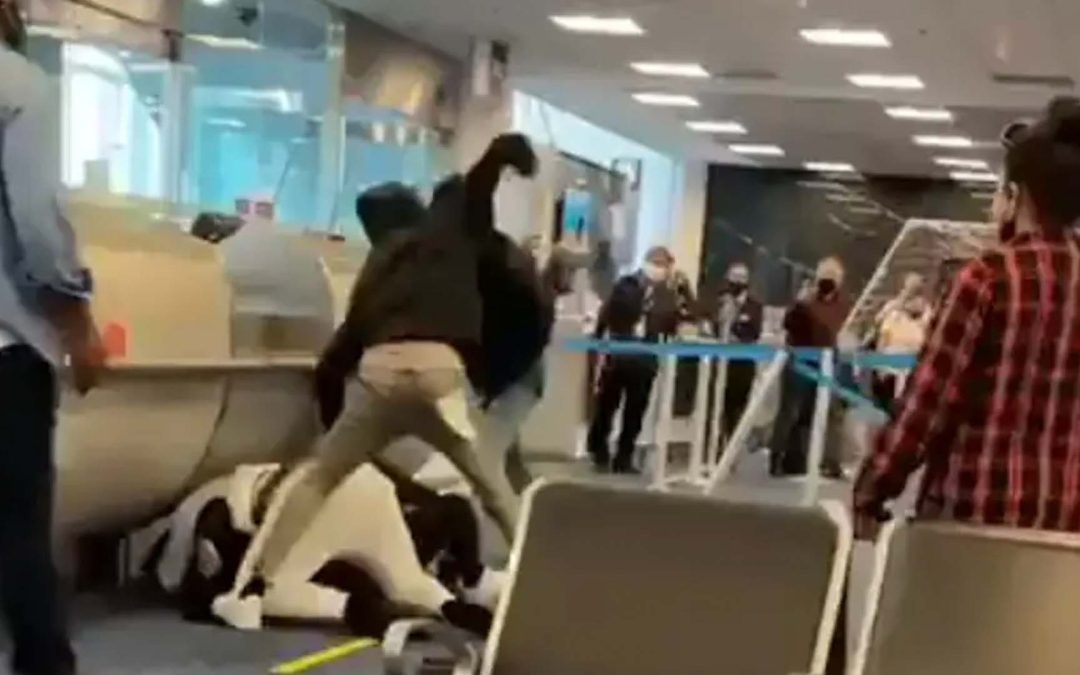
by Eric Price | Nov 29, 2021 | Front Page, GOIAM Stories, MNPL, Page Five, Page Four, Page Three, Page Two, Perusals, Row 2, Transportation Territory, Video
In January the FAA issued an order directing staff to pursue a “zero-tolerance” policy for cases relating to interference with crewmembers and other unruly conduct on board aircraft. The move follows a year that has shattered records for the numbers of attacks against...
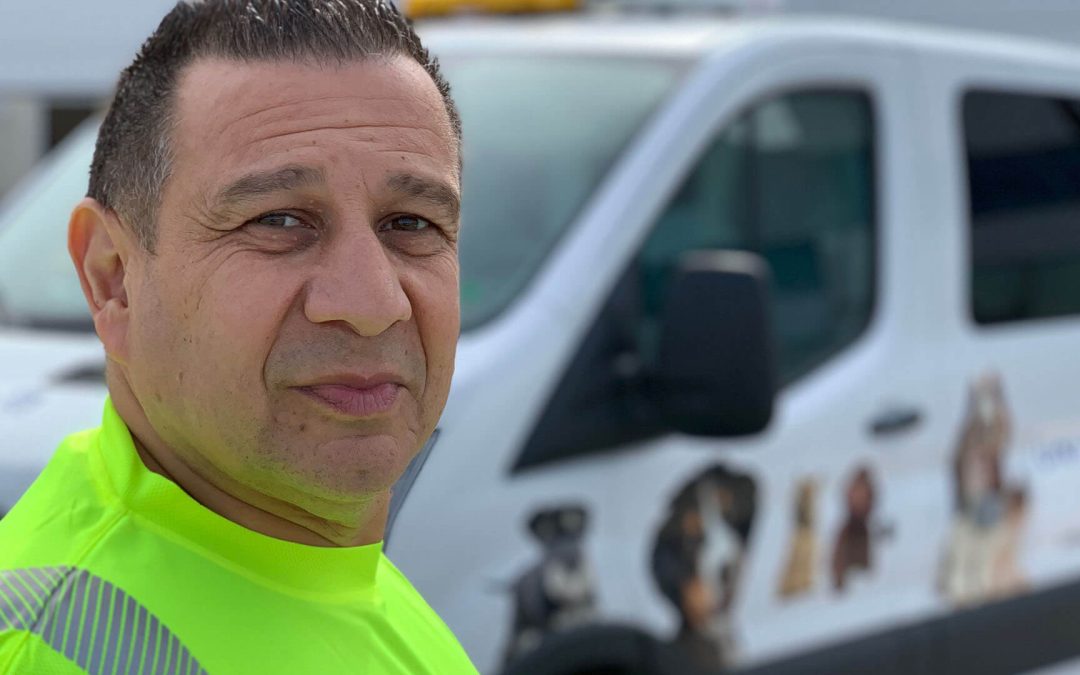
by Eric Price | Nov 18, 2021 | Front Page, GOIAM Stories, MNPL, Page Five, Page Four, Page Three, Page Two, Perusals, Row 2
Airline and Rail Members Fight Though Pandemic, Understaffing to Keep America Moving This story first appeared on GOIAM.org > The IAM Transportation Department includes more than 160,000 active and retired members in the airline and rail industries, making it the...
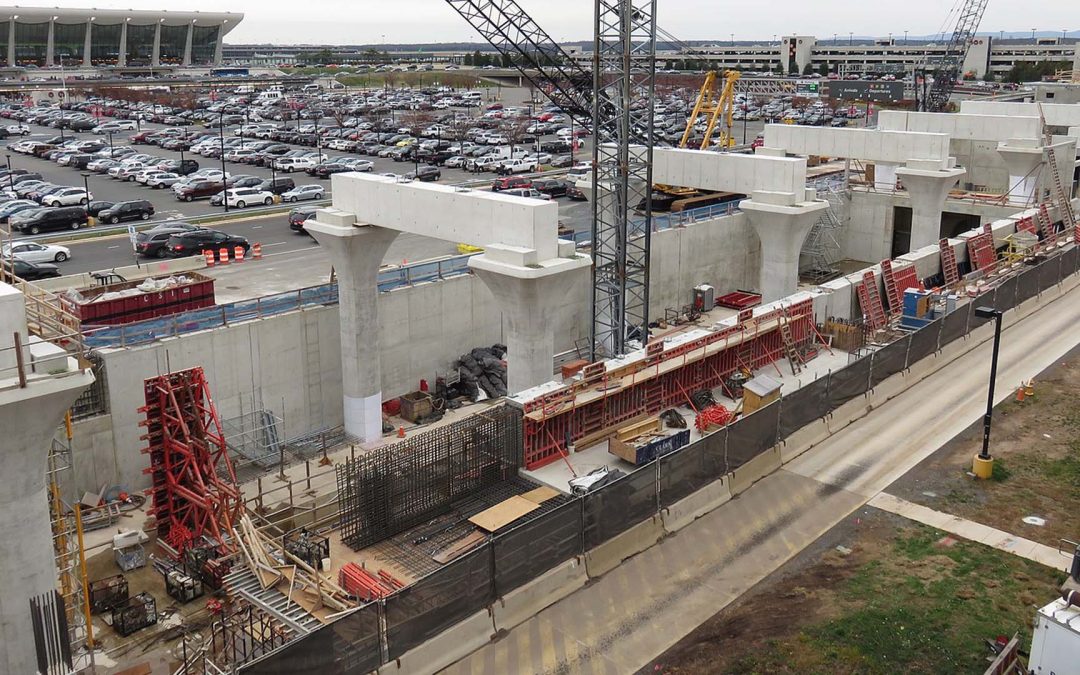
by Eric Price | Nov 15, 2021 | Front Page, GOIAM Stories, MNPL, Page Five, Page Four, Page Three, Page Two, Perusals, Row 2
The Machinists Union will be in attendance as President Joe Biden signs the $1.2 trillion Infrastructure Investment and Jobs Act into law. Once passed, the legislation will provide funding to modernize airports, railways, and lower prices for things like jet fuel. ...
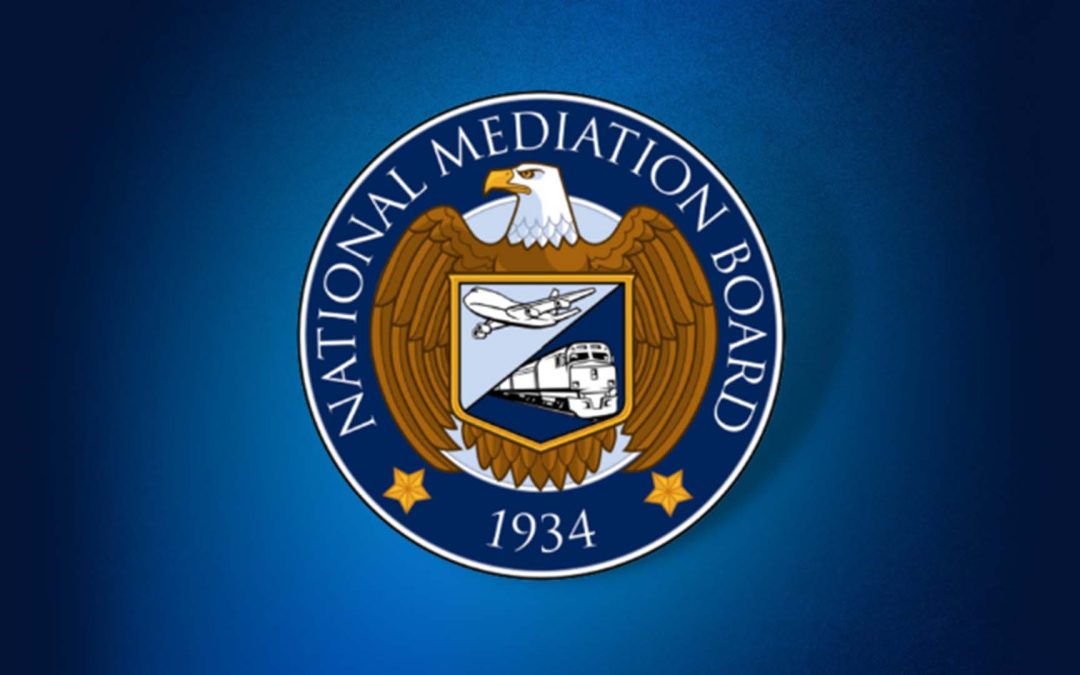
by Eric Price | Nov 8, 2021 | GOIAM Stories, MNPL, Organizing, Page Five, Page Four, Page Three, Row 2
Machinists Union Urges Senate Confirmation of Labor-Friendly Members to National Mediation Board The Machinists Non Partisan Political League seeks to advance public policy that benefits airline and aerospace workers. To support the work of the MNPL, please consider...
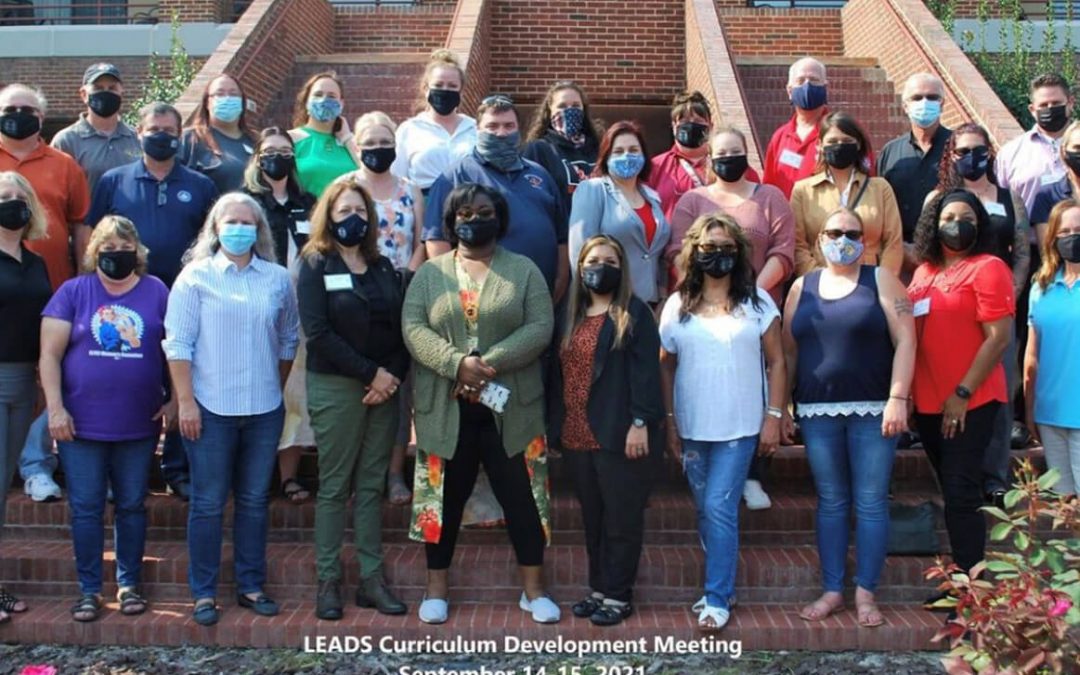
by Eric Price | Sep 27, 2021 | Front Page, GOIAM Stories, Page Three, Page Two, Perusals, Row 2
IAM LEADS Fight For Gender Equity The Machinists Union is following through on its promise to support women in their efforts to rise through the ranks of the IAM to leadership positions across North America. International President Robert Martinez Jr. announced the...
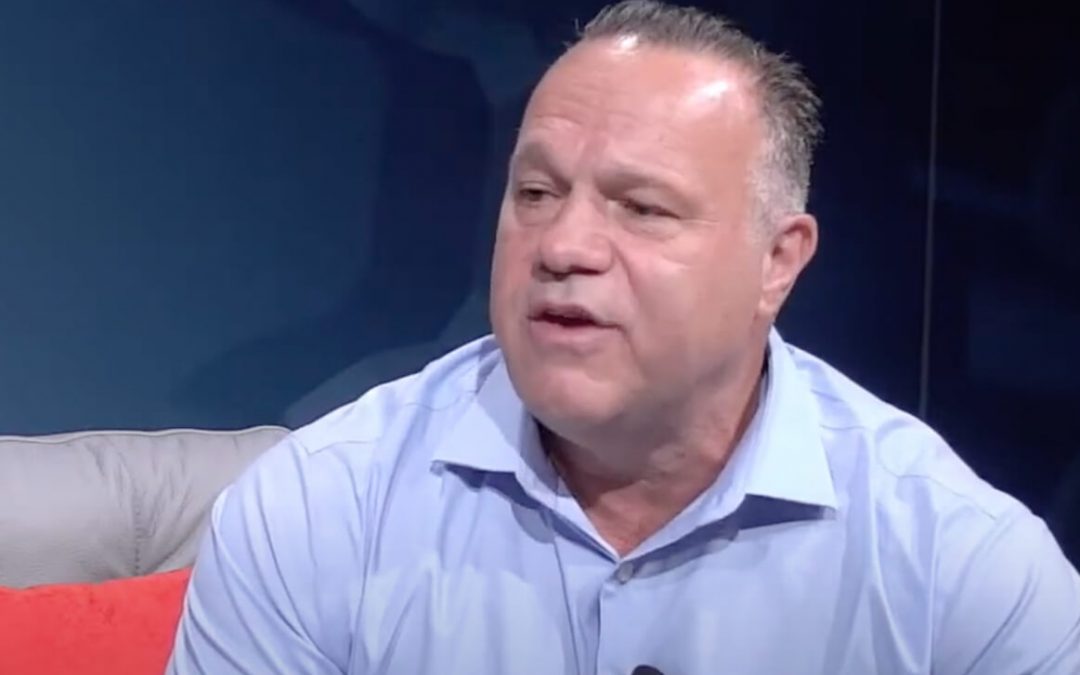
by Eric Price | Sep 21, 2021 | Front Page, GOIAM Stories, Page Five, Page Four, Page Three, Page Two, Perusals, Row 2, Video
IAM Organizing Director Vinny Addeo draws on decades of experience to explain how the Protecting the Right to Organize (PRO) Act would help break down the barriers for working people to join unions. Explaining the Protecting the Right to Organize Act IAM Organizing...







